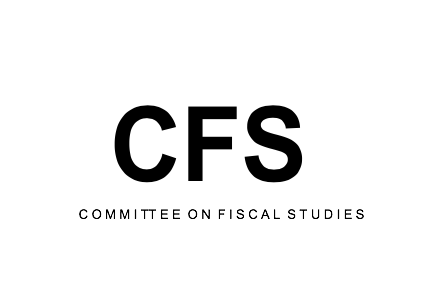Is Africa’s Fiscal Space Undermined by Debt related Illicit Financial Flows?
A Case Study of Selected SADC Member States
Abstract
Fiscal activism relates to the extent to which African governments can generate revenue to meet their financing needs. It is, therefore, a priority policy issue at all levels of governance both domestically and globally. Usually, every government is exposed to revenue shortfall which undermines their efforts and planning towards securing a sustainable socio-economic environment which is buttressed by efficient political frameworks and strong financial sectors. To guard against fiscal limitations, governments borrow. However, unchecked borrowing, borrowing utilised for non-economic activities that do not result in returns, but which are instead diverted towards private use and borrowing that results in the creditor looking at a debtor state as a pathway towards monetising the debt and earning more out of what is loaned, goes against the very idea of fiscal activism. A government borrows so that it has enough to run the state and its society. Consequently, this paper argues that debt can have the effect of supporting the African fiscal base, but it can also undermine the fiscal space by eroding it. This happens when debt creates an enabling environment for illicit financial flows to thrive or sneak into a country’s legal system. To explain this, the paper discusses how much of the African debt has been aggravated by historical injustices in the form of colonial and odious debts, emergence of vulture funds, lack of thin capitalisation rules, debt to equity swaps, lack of fiscal transparency and accountability for resource backed loans all which culminates into an environment that fosters opportunities for illicit finance or untaxed gains made out of manipulating the debt and the legal framework within which it operates.



